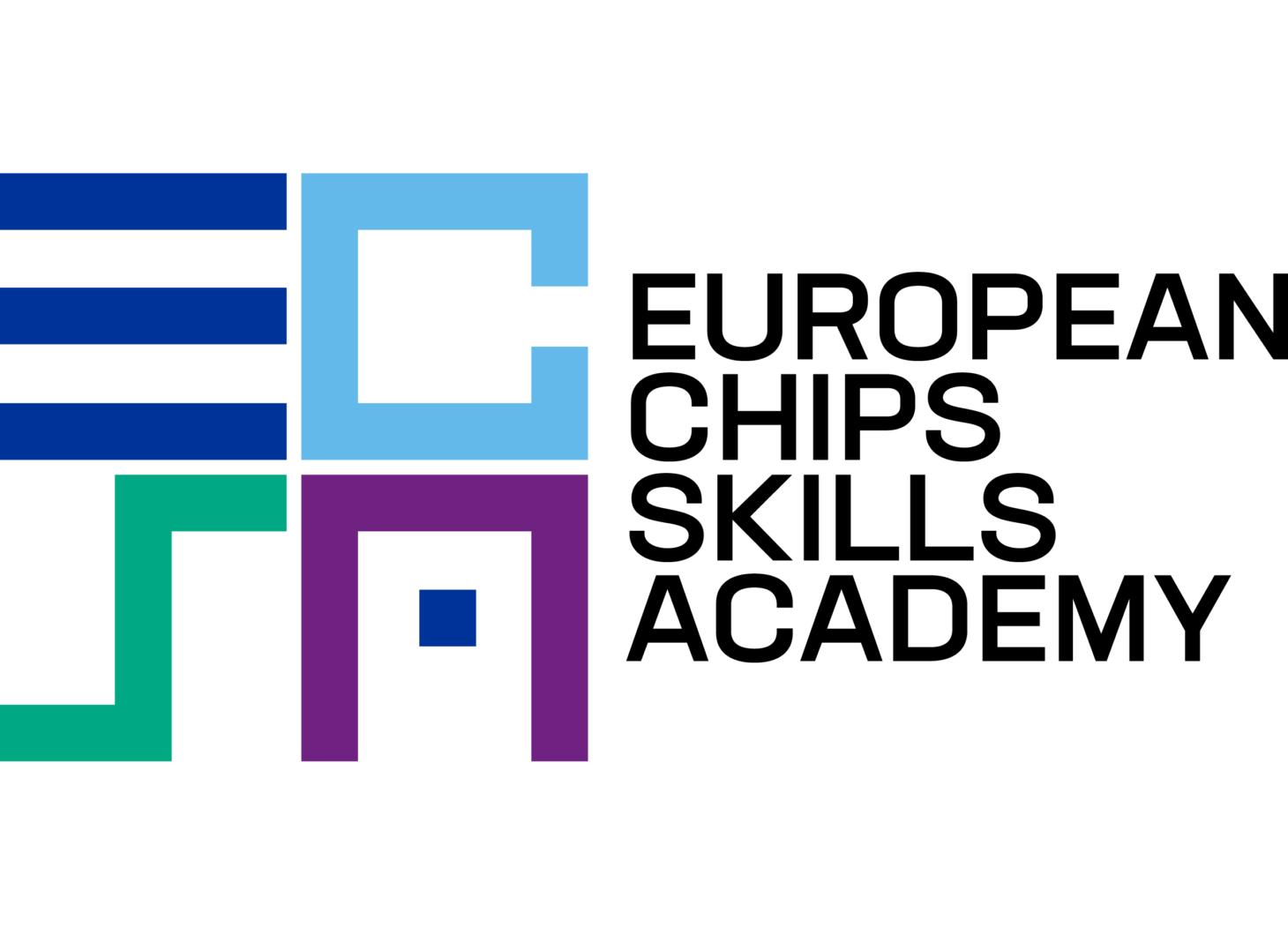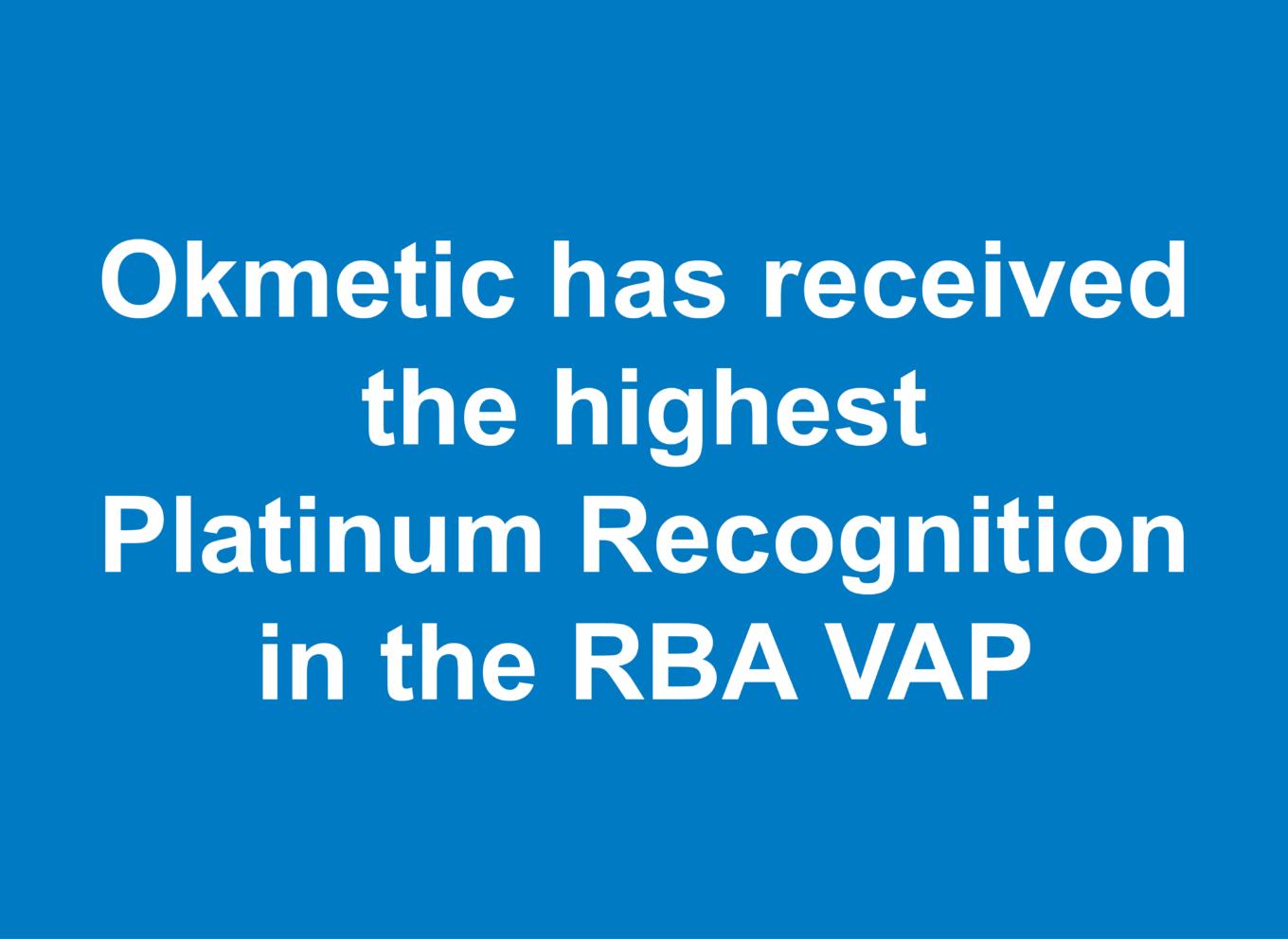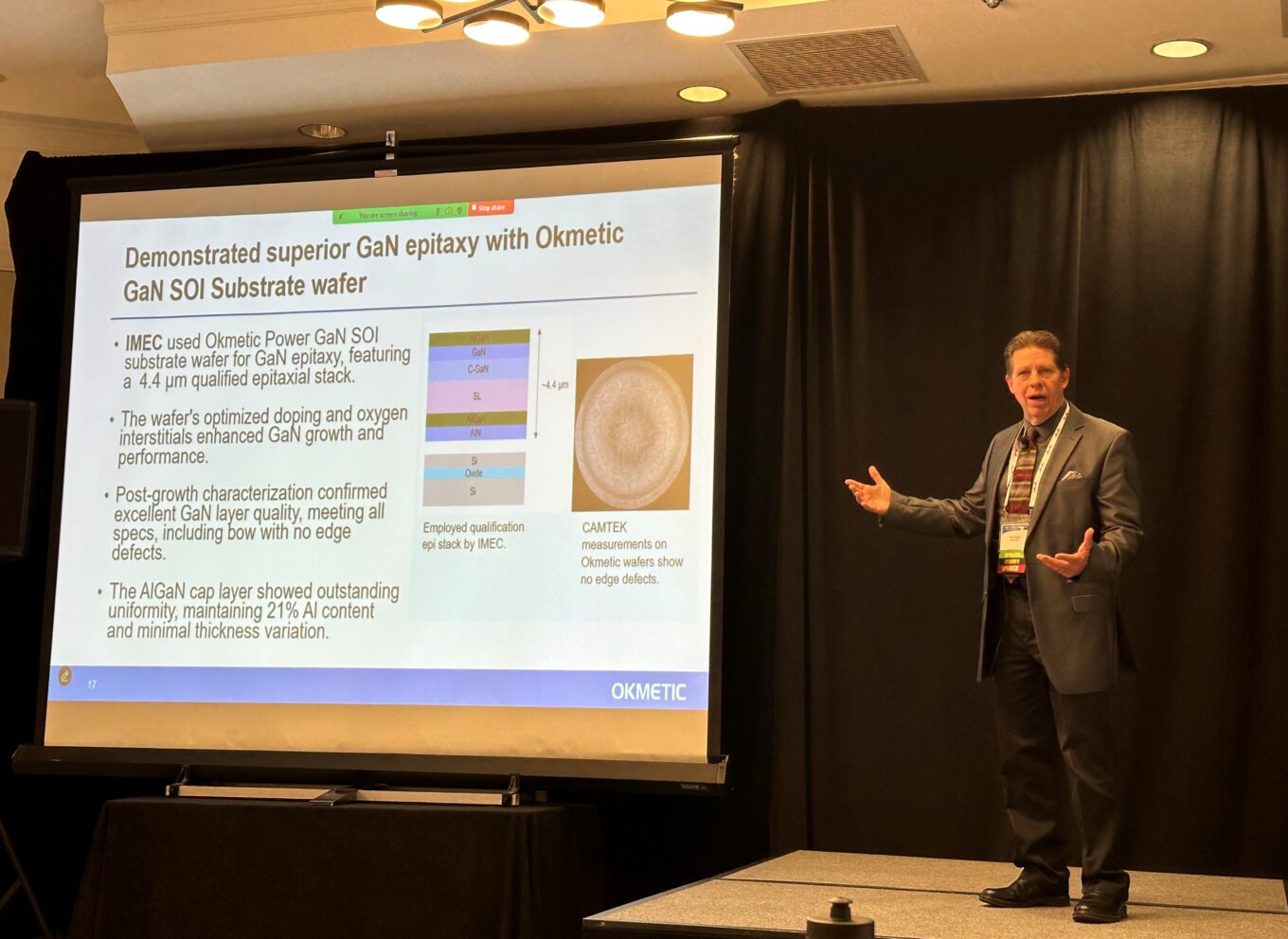
Okmetic participates in the ECSA project to respond to the shortage of semiconductor professionals
Europe has a shortage of microelectronics professionals and there are currently more than 320 000 open vacancies in the sector. The number of people retiring from the industry is around 100 000 in the next 7 years. The European Commission has launched a series of initiatives, including the Microelectronics Pact for Skills (2020) and the EU Chips Act, to revamp the microelectronics ecosystem.
As part of the Pact for Skills program, the European Chips Skills Academy (ECSA) project responds to educational challenges in the microelectronics sector across the EU. The goal is to ease the labor shortage by establishing a robust platform for dialogue, strategic planning, and decisive action in the realms of skills development, skills anticipation, upskilling, and reskilling of the workforce. The project is coordinated by the industry association SEMI Europe and it involves 18 partners from 13 different EU countries.
Okmetic is an active player in developing Finnish and European semiconductor industry
Finland’s semiconductor industry, and at the same time Okmetic, face the same challenges of talent shortage as Europe. Our main goal in participating this project is to exchange best practices for developing semiconductor talent to match industry requirements. We also want to be part of scaling up digital academy for a larger student base within the EU and building long-term community of industry and universities for microelectronics. Okmetic is the only Finnish representative in the project and as part of Finnish Semiconductor Branch Group at Technology Industries of Finland, will implement the project results to support Finnish semiconductor industry as well.
What is ECSA (European Chip Skills Academy)?
ECSA is a dynamic and forward-looking project supported by the European Union through the Erasmus+ program. Operating within the framework of the “Alliances for Sectoral Cooperation on Skills”, ECSA’s consortium is on a strategic four-year mission to address the pressing challenges faced by the microelectronics industry on the road towards the digital transition in Europe.
ECSA’s goal is ambitious yet straightforward: to bridge the gap between education and industry and foster innovative programs that confront this challenge. The project intends to enhance innovation and fortify the overall resilience of the microelectronics sector in Europe. As we strive to make a lasting impact, we intend to grow a premier alliance that can endure beyond the lifetime of the project to continue to transform challenges into opportunities for growth and success.
ECSA is deeply committed to making a significant contribution to the European Union’s objectives for a seamless digital transition because, let’s face it, there’s no digital without chips!
Why a European Chips Skills Academy?
The ECS-Academy aligns closely with the latest European policy developments and objectives and, with partners from across Europe, is well-placed to respond to dynamic needs around the continent.
On one front, the EU is propelling itself towards a digitally transformed era, marked by ambitious long-term targets and by the vision of a more prosperous and resilient Europe. Simultaneously, official EU policy documents, industry reports, and technical market analyses point towards a concerning trend in the microelectronics industry. The sector, both in Europe and globally, struggles with the challenge of sourcing a skilled workforce, leading to a worldwide “talent war” as all corners of the globe seek out the trained professionals needed for this innovative and expanding sector.
The increasing demand for engineers and technicians is evident as vacancies multiply, underpinned in part by the continuous stream of technological advancement. To navigate this landscape successfully, constant upskilling (and reskilling!) in areas such as R&D, design, manufacturing, artificial intelligence (AI) ethics, cybersecurity, and energy efficiency is crucial.
Aware of these challenges, the EU Commission launched a series of initiatives, above all the “Microelectronics Pact for Skills” (2020) and the “EU Chips Act” (2023) to embolden Europe’s microelectronics ecosystem.
That is where the European Chips Skills Academy comes in!
Main Goals and Specific Objectives
The ECS-Academy provides skills anticipation backed by hard data, which will then inform initiatives around upskilling, reskilling, and matching. But that’s not all – ECSA is also set to bring together a wide range of key players in the microelectronics ecosystem for the first time.
ECSA aspires to become the go-to hub for everything skills-related in the world of chips, shaping the future of education in the electronics and microelectronics space and opening new opportunities for collaboration between educational institutions at all levels (secondary school, VET providers, and higher education) and industrial leaders.
More specifically, the consortium laid down three different Main Goals:
Establish innovative strategic approaches and cooperation among education and industry in microelectronics for concrete skills development to implement the EU Skills Agenda for sustainable competitiveness, social fairness and resilience as well as the operational implementation of the Pact for Skills in microelectronics
Bridge the gap between VET, HE and industry for the emerging occupational profiles and renewed skills sets required in microelectronics
Operationalize in the context of microelectronics education and labor the relevant EU tools (EQF, ESCO, Europass, EQAVET) and competence frameworks (DigComp, EntreComp, GreenComp).
Partners
- SEMI Europe
- Technische Universität Dresden (TUD)
- Graz University of Technology (TU Graz)
- Budapest University of Technology & Economics (BME)
- Technical University of Ostrava (VSB)
- Innovazione Apprendimento Lavoro Friuli Venezia Giulia (IAL-FVG)
- Asociación Nacional de Centros con Certificados de Profesionalidad (ANCCP)
- Interuniversity Microelectronics Centre (IMEC)
- Tyndall National Institute (Tyndall)
- Infineon Technologies Austria AG (Infineon)
- Melexis
- Okmetic
- Silicon Saxony (SiSax)
- Knolyx
- DECISION
- Information Centre on Academic Mobility and Equivalence (CIMEA)
- Platform Talent voor Technologie (PTVT)




